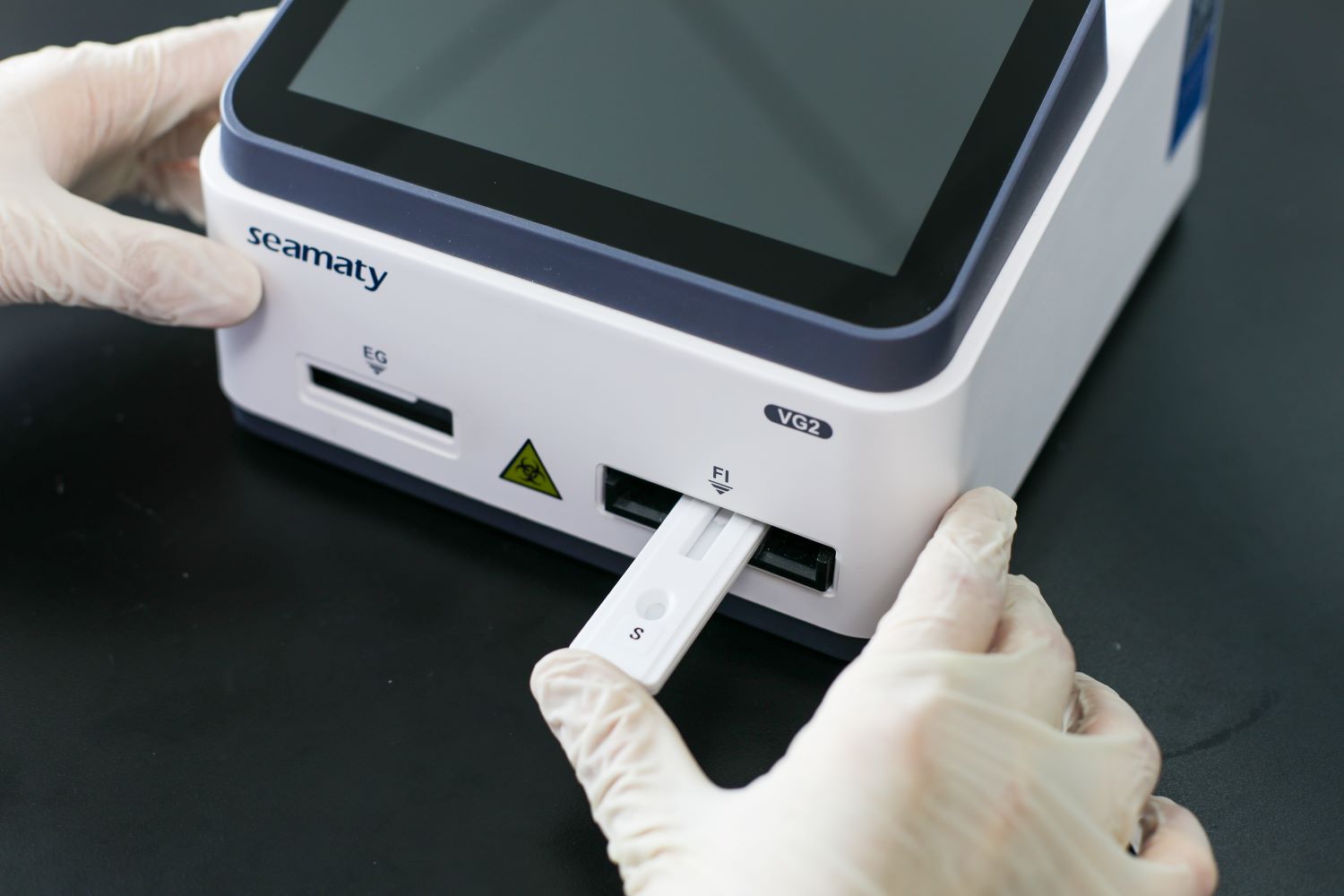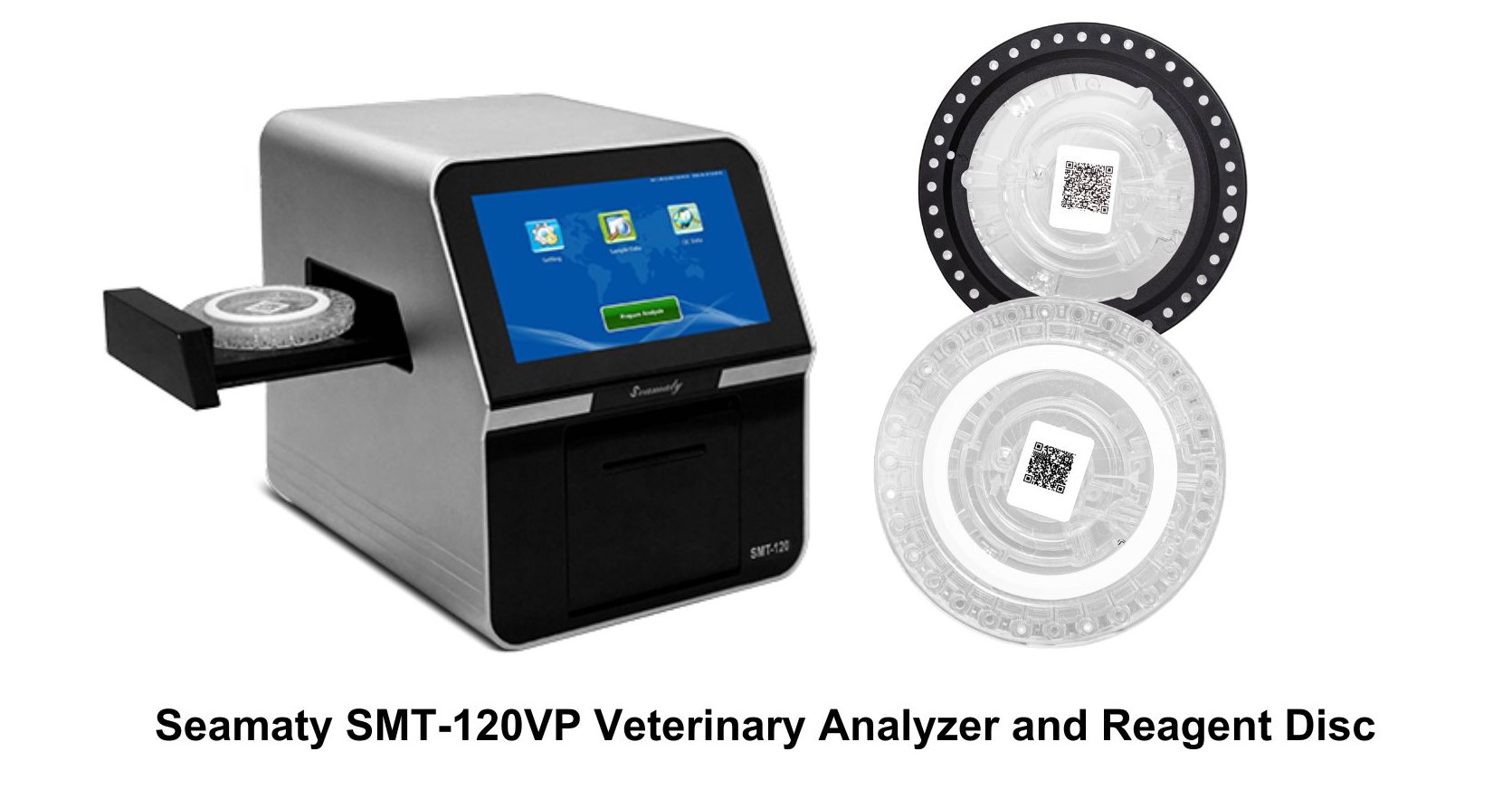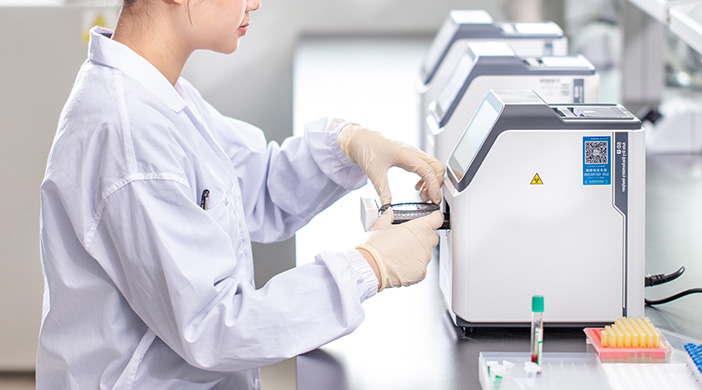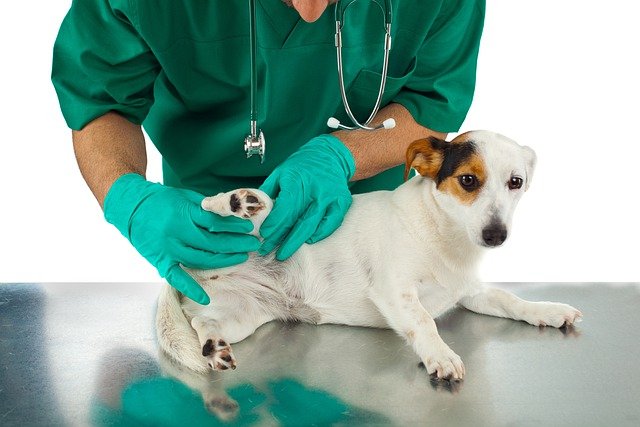release time:2023-08-17 14:03:35
When a veterinary hospital needs to pick a blood gas and immune analyzer, it's a big decision. There are important things to think about. Here are three main points to remember when choosing this kind of analyzer:
It's really important that the analyzer gives accurate results. This helps vets know what's happening with the animals. Look for analyzers that are reliable and give the same results every time, especially for important things like blood gas levels (like pH, pO2, pCO2), electrolytes (like Na+, K+, Cl-), and immune markers (like f-SAA). Check what the analyzer can do and compare it to what's normal in the field. Also, make sure the analyzer can handle different types of samples, like blood, plasma, or serum. If you can, go for analyzers that other vets say work well.
When the clinic is busy, it's important that the analyzer is easy to use. It should be simple to put in samples and use the machine. Some analyzers come with pre-set settings for animals, so you don't have to change things yourself. It's also good if the analyzer is fast and gives results quickly. This helps vets make decisions faster.
Vets work with many different animals, so the analyzer should be able to handle different samples. Some analyzers have special settings for different animals, like small pets or big ones. Also, check if the analyzer can connect to computer systems the clinic uses. This makes it easier to keep track of information. If the analyzer can share results in a normal way, it's easier to talk to other vets.
A good option to think about is the Seamaty VG2. It's a special machine that can do many things in one. It checks blood gas, immune markers, and electrolytes. It's not heavy and can be moved easily. The VG2 is quick and gives results in 4-10 minutes. This helps vets know about diseases, immunity, and inflammation in animals, even before or after surgery. There's a lot the VG2 can do. If you want more details, you can ask for a catalog by leaving a message or Contacting through sales@seamaty.com.
In the end, the choice of analyzer depends on the specific needs of the clinic, the animals they see, and the money they have. It's a good idea to see a demonstration, read what other people say, and ask other vets what they think. This way, the clinic can pick the best analyzer for them and their animals.


2023-05-17
Discover the diseases and diagnostic parameters tested by the Veterinary Analyzer SMT-120VP. Learn about its role in in vitro diagnosis, recommended tests for health checkups, disease diagnosis, pre-operative checkups, and disease monitoring. Seamaty's advanced analyzer provides precise results and real-time insights for optimal animal health.

2022-03-14
Biochemical analysis of the body fluid samples forms the basis of medical diagnosis and plays a crucial role in treating various health ailments. Automated biochemical analyzers analyze body fluid samples and evaluate the concentration of biochemical markers,

2021-08-04
Although nconventional animals have suddenly broken the traditional pattern of the pet market framed by cats and dogs, the services and help provided by pet hospitals for unconventional animals have not yet kept up with ....